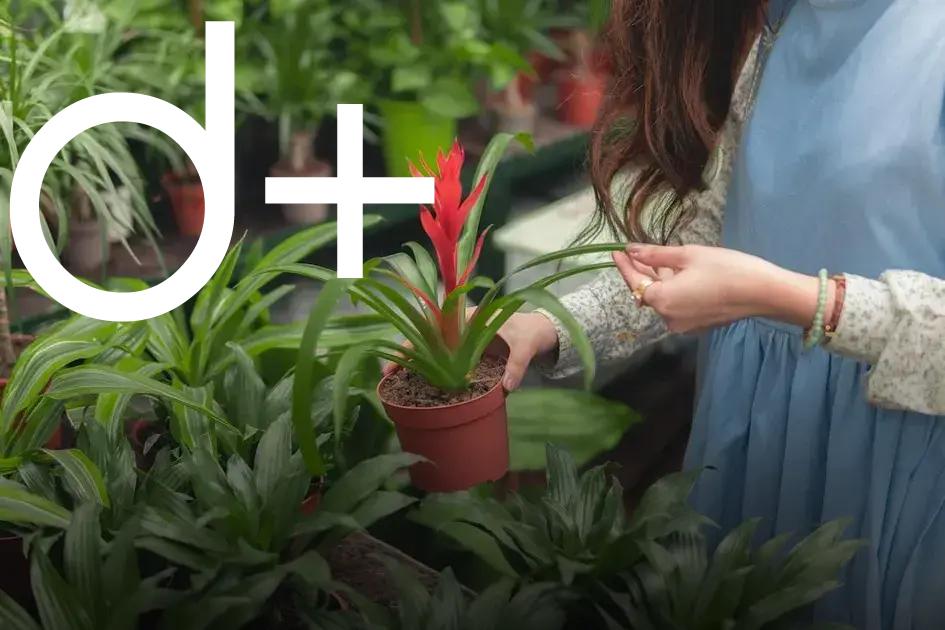Gardening is a wonderful hobby, but pesky pests can often ruin the fun. Dealing with garden pests naturally not only protects your plants but also the environment. Discover effective methods to keep your garden thriving with simple, eco-friendly solutions. Dive into this guide to explore natural pest control methods and learn tips for maintaining a healthy garden ecosystem.
Understanding Common Garden Pests
In every garden, pests are a natural part of the ecosystem. Understanding these common garden intruders is crucial for maintaining the health of your plants. Several insects and animals can become problematic, such as aphids, slugs, and caterpillars. These pests primarily target the foliage and roots, often leading to stunted growth and even plant death.
Among the most common garden pests are aphids, small, sap-sucking insects that reproduce rapidly. They can cause significant damage by sucking the juices from plants, leading to deformed leaves and reduced growth.
Another troublesome group includes slugs and snails. Known for their nocturnal feeding habits, these pests tend to target tender leaves, often leaving a trail of destruction that is hard to miss.
Caterpillars can also be a major concern, particularly for vegetable gardens. These larval stages of moths and butterflies can eat through leaves, stems, and fruits.
Recognizing these pests allows you to implement natural control methods effectively. This understanding forms the basis for combating them using environmentally-friendly techniques.
Natural Pest Control Methods

Discovering natural pest control methods is crucial for gardeners who prefer eco-friendly solutions. To manage pests naturally, it’s essential to incorporate diverse strategies that work harmoniously with nature. These methods are not only safe for your plants but also beneficial for the environment.
Firstly, integrating beneficial insects into your garden can be incredibly effective. Ladybugs, lacewings, and predatory wasps are natural enemies of garden pests like aphids and caterpillars. By attracting these insects, you can maintain a balanced ecosystem where beneficial predators keep pest populations in check.
Another approach is to use homemade sprays made from common kitchen ingredients. Garlic, neem oil, and soap can be used as natural deterrents for pests. These sprays help repel insects without harming your plants or the surrounding environment.
Crop rotation is also an essential practice in natural pest management. Rotating crops every season disrupts the lifecycle of pests and reduces their ability to establish themselves. This simple practice can significantly decrease pest infestations over time.
Lastly, establishing a strong defense with physical barriers such as nets, floating row covers, or insect mesh can effectively keep pests away. These barriers prevent pests from reaching your crops while still allowing air, light, and moisture to nourish your plants.
Overall, by learning and applying natural pest control methods, gardeners can protect their plants while supporting a thriving ecosystem.
Companion Planting for Pest Management
One effective way to manage garden pests is through companion planting. This method involves pairing certain plants together to enhance their growth and deter harmful insects. For instance, planting marigolds alongside vegetables can repel nematodes due to the natural compounds they release into the soil.
Another excellent example is using basil near tomatoes. The scent of basil can confuse and drive away insects like flies and mosquitoes, which often trouble tomato plants.
Moreover, planting onions or garlic near other crops can deter aphids, slugs, and even larger pests like rabbits. These plants release sulfur compounds known for their strong odor, which many pests find unappealing.
Also, consider growing lavender near your vegetables. Its aromatic oils attract helpful pollinators while deterring moths and other common pests.
Companion planting not only helps in reducing chemical use but also promotes biodiversity in the garden. By strategically placing these plants together, you can create a self-sustaining and pest-resistant environment that encourages healthy growth.
Homemade Remedies for Pests

When it comes to managing pests in your garden naturally, homemade remedies can be remarkably effective. These solutions are not only cost-efficient but also environmentally friendly, sparing your plants from harsh chemicals. Here are several homemade remedies you can easily prepare and use:
Garlic and Chili Pepper Spray
This is a potent combination that deters a variety of pests. Crush a few cloves of garlic and some chili peppers, mix them with water, and let it sit overnight. Strain the mixture and spray it on affected plants. Bugs find the smell and taste unpleasant, keeping them at bay without harming your garden.
Neem Oil Solution
Derived from the seeds of the neem tree, neem oil is a natural pesticide. Mix a tablespoon of neem oil with a small amount of liquid soap and water. Apply this mixture to your plants to disrupt the lifecycle of unwanted insects, including aphids, mealybugs, and beetles.
Diatomaceous Earth
This natural powder is made from the fossils of tiny aquatic organisms called diatoms. Sprinkle it lightly around the base of plants to cut and kill soft-bodied insects like slugs and snails as they pass over it, without harming the plants or beneficial insects.
Baking Soda Fungicide
For controlling fungal infections such as powdery mildew, baking soda is a great option. Mix a teaspoon of baking soda with a few drops of liquid soap and a liter of water. Spray this mixture on affected plants to prevent and control fungal growth.
Using these simple homemade remedies can help in managing pests naturally, promoting a thriving and sustainable garden environment.
Maintaining a Healthy Ecosystem
An important aspect of pest management in gardens is to maintain a healthy ecosystem. A well-balanced ecosystem naturally regulates pest populations. One way to achieve this is by encouraging the presence of beneficial insects such as ladybugs and lacewings, which prey on harmful pests.
Another method is to ensure biodiversity within your garden. By planting a variety of flowers, herbs, and vegetables, you provide habitats and food sources for beneficial animals. Diverse plants can also deter pests that are attracted to large concentrations of a single plant type.
Soil health is also crucial for a robust ecosystem. Healthy soil supports strong plant growth, which is more resistant to pests and diseases. Regularly add compost and other organic matter to promote soil fertility and beneficial microbes.
Water management plays a role as well. Overwatering can lead to plant stress and increase susceptibility to pests. Ensure that your garden has proper drainage and water plants early in the day to minimize disease risks.
Finally, avoid harsh chemicals and synthetic fertilizers that can disrupt the natural harmony of your garden. Use organic inputs when necessary, but rely primarily on the natural strength of your ecosystem to keep pests at bay.







![BANNER 1 - HOME [QUADRADO]](https://dailyfindinvestment.com/wp-content/uploads/2025/01/BANNER-300-X-300.gif)
